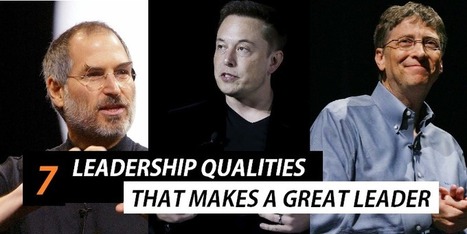Are you a micromanager? You will probably say no. Maybe you self-deprecatingly call yourself a “control freak.” Or just “hands-on.” You just “care too much.”
And it’s true: You do feel a certain need for a sense of control over your work. You are responsible, after all–perhaps more responsible than some of your coworkers or direct reports. You’re afraid of mistakes and believe that if something needs to be done well, you’d better do it yourself. But this isn’t just because you’re an “independent self-starter” who holds their work to a high standard. It might be that, too, but it’s probably also because you’re feeling stressed.
Via The Learning Factor



 Your new post is loading...
Your new post is loading...





















Micro-managing is a stress response. Understanding it from this perspective can create an opening to change. The stress response is activated by a perception that one's emotional, psychological and or physical safety is at risk. The three F's: fight, freeze and flee are the primary reactions - micro-managing fits into the fight reaction. A fear that one's professional status as a manager is at risk.
Work-related stress is a likely culprit. When you feel overwhelmed, you worry that you don’t have a good handle on things–so what do you do? You tighten your grip on everything. The first step to loosening it up (and reducing your own stress in the process) is simply recognizing the impact that your micromanaging is having.
OVER SUPERVISING a bad habit from focusing on people and results and not their development level at tasks and goals to get there ...